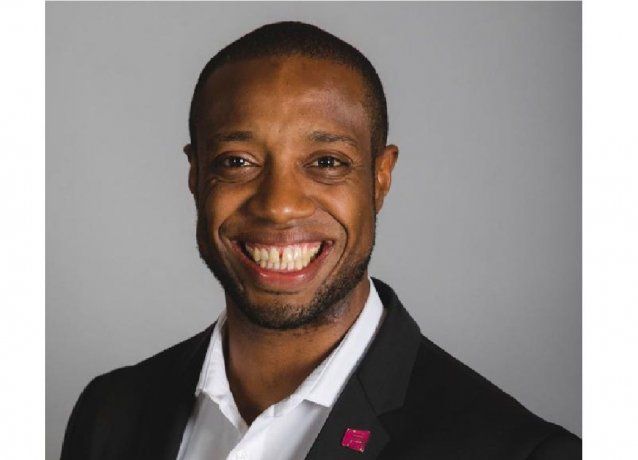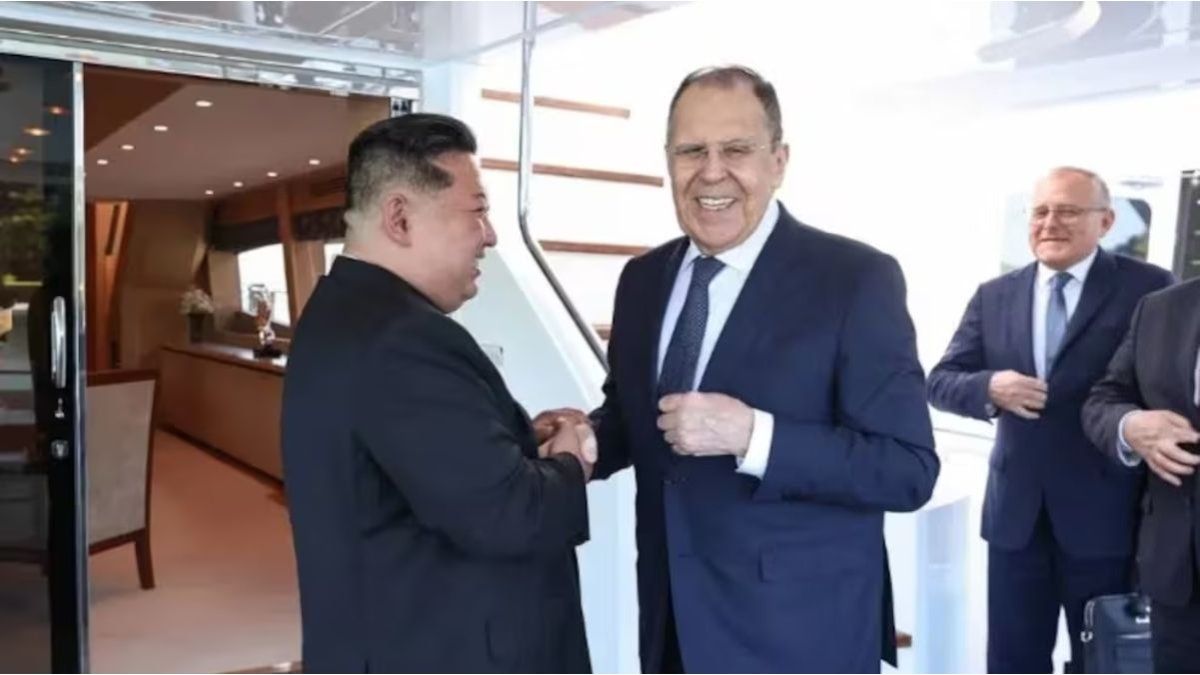May will once again be the month of a meeting that seeks to connect diversities with the employment and the local reality of different communities and minorities. Within this framework, individual stories emerge that can serve as a source of inspiration for the business sector.
The initiative promotes diversity in the workplace and will also have activities, talks and workshops that will take place simultaneously, enhancing the connection between people looking for work with the companies that offer it.
“The next edition will be on Tuesday, May 28, in person, at the Antel Auditorium and from that same day until Friday the 31st, we will do it virtually through a platform that is expodiversa.com .oops. For four days, free of charge, they will be able to access the same fair in person, but in virtual format and make direct contact with the different companies, apply for job offers and also participate in the conference room with different talks and conferences. ”he explained Leticia Vivaorganizer of the event and executive director of the Uruguayan Society of People Managementto Ambit.
The minister of Social development, Alejandro Sciarrathe director of Sociocultural Promotion of Mides, Rosa Mendezand the general manager of Aloft Montevideo Hotel, Walter Rivero among others.
Launch of Expo Diversa
Regarding the current legislation and the existing “quota”, Viva considered that there is a problem of controlling compliance with that percentage. “It is a stimulant, because since there is an obligation, the company gets to work a little harder, otherwise it would be something more motivational to take on that area of work. It helps companies have a direction to follow in these issues,” he said and recalled that Uruguay It has a law that includes people with disabilities and the LGBTIQ+ community in the workplace, both in private and public companies.
From the State, Rosa Méndez, sociocultural promotion manager of the Ministry of Social Development, expressed that “although a lot of progress has been made in affirmative action policies For both the trans and Afro-descendant populations, we still have a deficit in meeting the quotas.” “Without going any further, in 2022, the quota for the Afro-descendant population, which must be 8% of income to the State, did not reach 3%. The quota of 1% of trans people did not arrive either. We still have a duty at the level of insertion, thinking about it from the point of view of the educational opportunities that people have had and the barriers they have had to access the combination of educational trajectories“, considered.
“Private companies are not obliged, but they have had an approach with us, several people have even entered through the private sphere. In the public sphere there is an issue more related to the merits to be able to access the quotas, the calls. Afro-descendant people and trans people are unable to complete their educational careers. This means that, when searching employment“They don’t have as many opportunities,” he clarified. “There still being discrimination“Although a lot of work is being done because there is a will to work from all the organizations and also at the three levels of power in Uruguay, these gaps still persist to achieve equality for populations that have historically had inequalities,” said the Mides official. .
Walter Rivero and his history of labor inclusion
Walter Rivero is today the general manager of the Aloft Montevideo hotel, belonging to the international group Marriott. He told Ámbito his personal story of development, which is very much an example and challenge of inclusion for minorities.
Walter Rivero general manager of Aloft Montevideo

Walter Rivero general manager of Aloft Montevideo
“The reality is that I started working at the company when I was 20 years old, I am 40. I started as a security guard and then I went through different areas, I participated in openings in other countries, giving training in other countries, therefore, this never “It has been a barrier,” he said.
“For our company the inclusion It is something very natural. And in this new concept of intersectionalitywhere we seek to connect people with disabilities to migrants and Afro people, we notice that we have the flag of all that and that we are a faithful reflection of what intersectionality is in the private sphere, at least within what is the hospitality”, he considered.
“A person who works with us does not work because he is Afro, because he is trans, he works because of his skills and attitudes when performing the task, and that is how we choose our talents within the hotel,” said Rivero and detailed that more 50% of the staff are women, many in leadership positions, the hotel’s assistant manager is a member of the LGBTIQ+ community as are 20 other employees, and there are also workers from ethnic minorities and people with disabilities.
Rivero is enthusiastic about telling his story and intends for it to be “contagious” to other business experiences. “There is a lot of talk that trans people have less access to education and therefore this presents a difficulty when it comes to wanting to participate in processes for certain hierarchical positions. The hotel industry has a different mystique. You can join as a security guard or as someone who washes dishes and with attitude, with internal training that is provided within the hotel, suddenly in 15 years you are the general manager.” “That is a bit of what we want to share with other companies: why not create a system that allows people to develop within the organization so that, as they gain experience, they can acquire higher-ranking positions,” he reflected.
Source: Ambito




